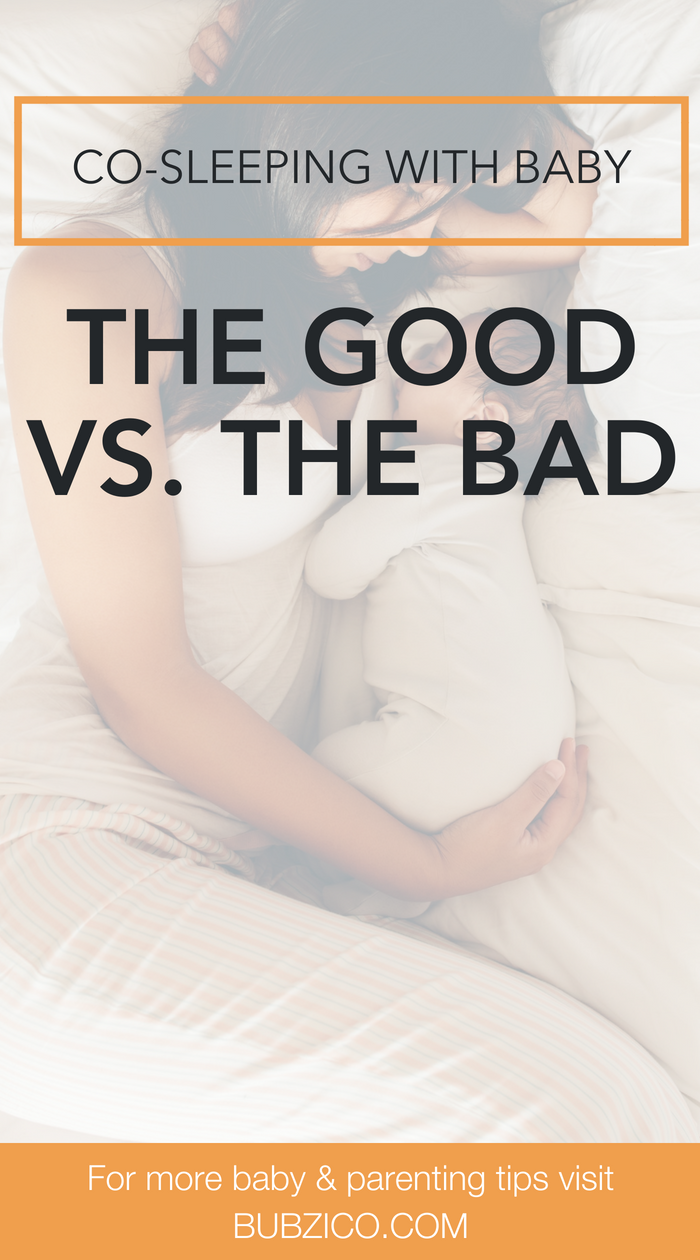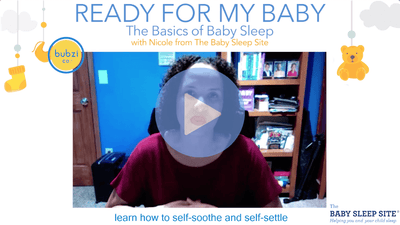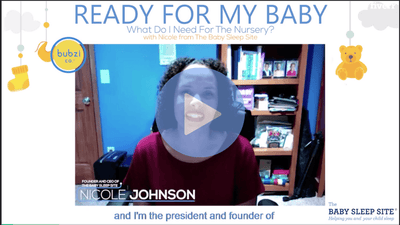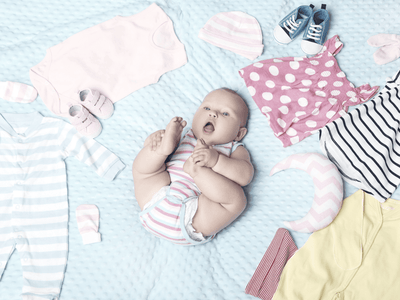To co-sleep or not to co-sleep? That’s the question on every new mom’s mind once their newborn comes home from the hospital. Co-sleeping isn’t for everyone but there are definitely benefits to having baby within arms reach in the family bed. And, as with any controversial topic, there are also cons to co-sleeping with baby, namely safety. So before you start sharing your bedroom with your little one, be sure to weigh all of the pros and cons. Take your time and think about it carefully. And remember to do what’s best for your family, your baby and your lifestyle.
Pros and Cons of Co-Sleeping With Baby
Pros:
Co-sleeping encourages breastfeeding and can make it easier for night feeds. Instead of having to get out of bed to feed baby in the middle of the night, you can easily feed baby from your own bed. Plus being right next to mom boosts the breastfeeding relationship due to mom’s smell and more arousals.
Co-sleeping can help new moms get more sleep. Your sleep is interrupted to a greater degree when you have to get up out of bed and stumble down the hallway to feed your little one in the middle of the night. Plus taking baby out of their crib to feed means having to put them back in (and that can take some time)! By having baby in your bed, you’re able to feed and put baby right back to sleep, without having to leave your bed.
Co-sleeping encourages bonding between you and your little one. Bonding with your baby happens largely by touch; physical contact helps your baby thrive both physiologically and physically. Co-sleeping with your baby (especially once you go back to work) can help you feel more connected.
Co-sleeping doesn’t necessarily mean sleeping in the same bed. Having baby sleep in a bassinet right next to you still allows you to maintain the same benefits as having baby directly in your bed without any of the safety concerns.
Cons:
Of course the main concern of co-sleeping is safety. Some consider co-sleeping a no-no as it can be considered a potential safety hazard. Sharing your bed with your baby can come with some dangers like loose blankets, pillows, soft mattresses and the potential to roll over on baby.
Co-sleeping can mean less alone time, especially between you and your partner. You may find baby has a hard time sleeping without you, which could mean lying down with baby until they fall asleep (and maybe even while they’re sleeping). If being kid-free for the evening is important to you, then having baby in their own room might be a better choice.
Co-sleeping can actually decrease the quality of your sleep. It might help you sleep longer, but the overall quality of your sleep may be reduced, especially if you’re worried about rolling over onto baby in the middle of the night!
Co-sleeping can make the transition to separate beds a difficult one. It can depend on how long you’ve been co-sleeping and how old your child is once you start the process. Parents say that decorating the room and letting the child choose the bed, sheets and decorations can give them a sense of excitement, making them feel as though the move is a good thing. A soothing sound machine like Bubzi Co.'s Baby Sleep Soothing Owl is a great addition to baby’s sleep routine and can make the transition to their own room that much easier.
Sure, co-sleeping isn’t for everyone. But if you find the pros outweigh the cons, it can be a beneficial sleeping arrangement for both you and your baby. And like everything else baby related, it’s ultimately a decision that needs to be made as a family – between you and your partner. So before you set up baby’s own room, take some time to go over the pros and cons of co-sleeping together as a family before you make your decision.

Photo credit: Bigstock









